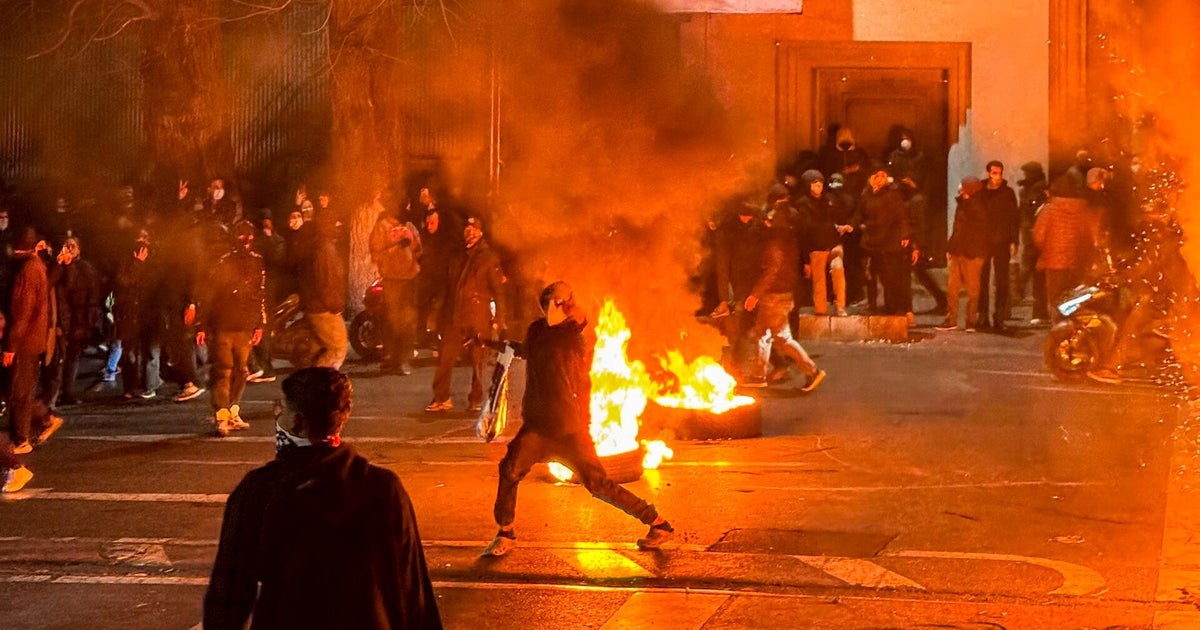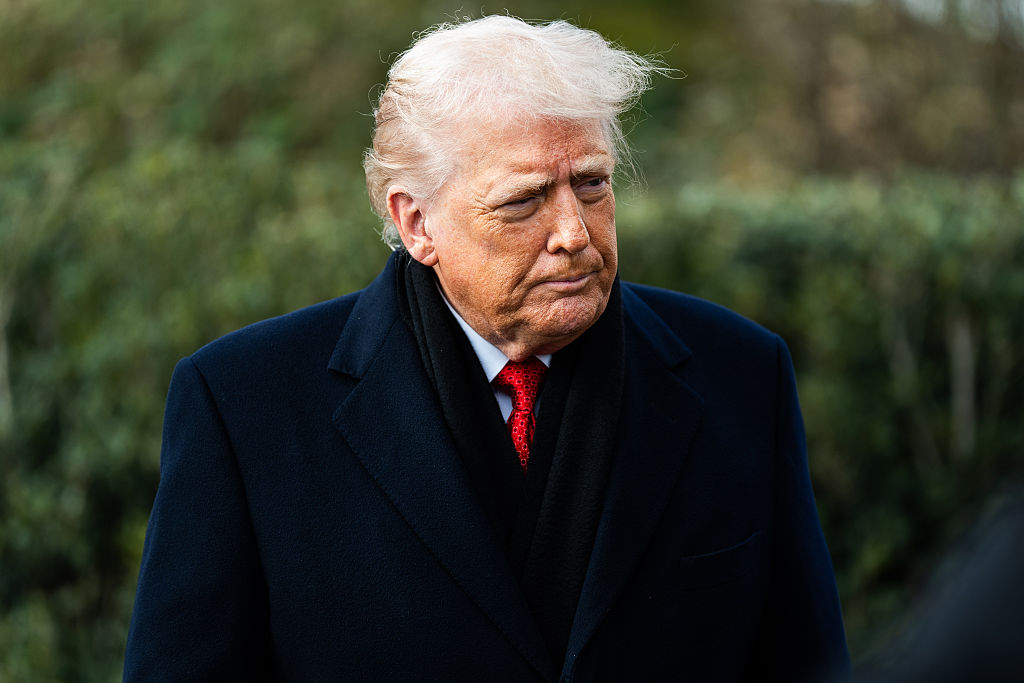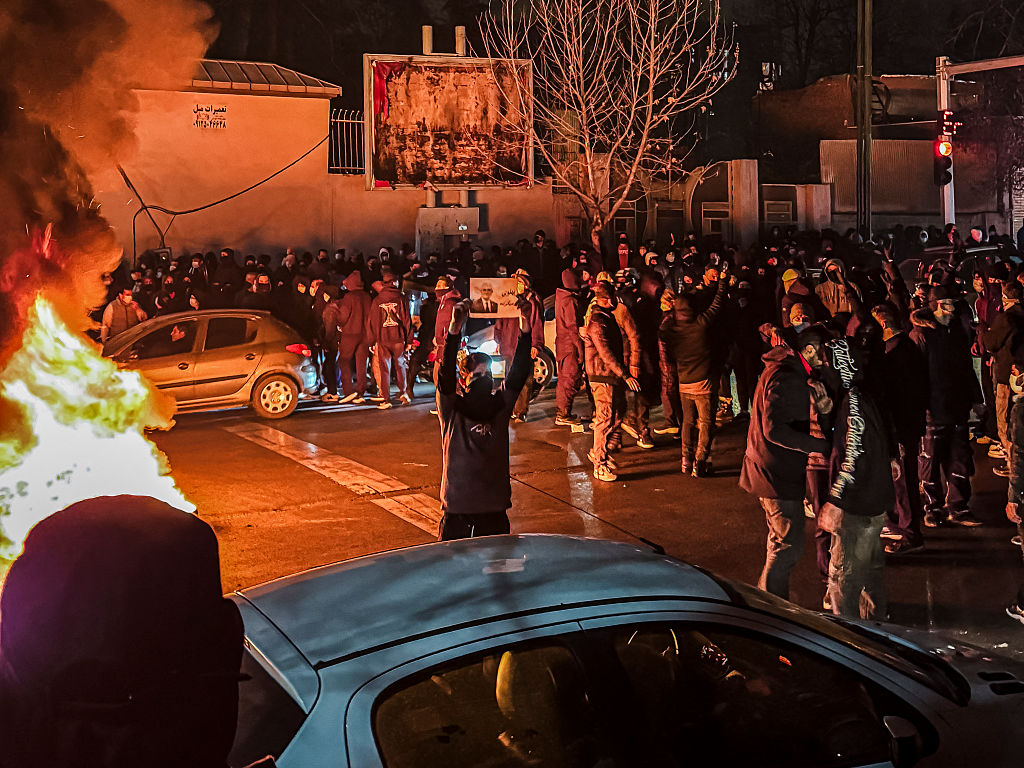Julian Assange, defiant WikiLeaks boss, jailed as extradition battle begins
London -- The U.S. Department of Justice may have to protracted fight on its hands to bring Julian Assange to the United States. British police dragged the WikiLeaks founder out of his London sanctuary at the Ecuadorian Embassy yesterday after seven years, following the Latin American nation's move to strip him of diplomatic immunity.
Assange faces a charge in the U.S., unsealed by the Justice Department on Thursday following his arrest, of conspiring with Chelsea Manning to hack Pentagon computers in 2010.
As CBS News correspondent Imtiaz Tyab reported Friday, 24 hours after his arrest, Assange was in a London jail, and it could take the U.S. months, or even years to get him onto American soil to face the charge against him -- if they manage to do so at all.
The WikiLeaks boss, as ever, has remained defiant, and so are his supporters.
Protests and tweets of support
Dozens of Assange allies took to the streets to protest his arrest in his native Australia on Friday, chanting: "Free the truth, Free Assange, don't shoot the messenger." Similar protests were seen outside British courts on Thursday.
The hacker's mother, also in Australia, took to Twitter to ask British police, and prison and court staff to be "patient, gentle & kind" to her son.
Christine Assange accused British and Ecuadorian authorities of keeping her son detained for eight years "WITHOUT charge," and said that for six years he had been "deprived fresh air, exercise, sun," and even claimed he had been "isolated/tortured" for one of his years holed-up.
Journalist or criminal?
It was a reminder that he's seen by some as a journalist who campaigns for the truth, even if others see him very differently.
Secretary of State Mike Pompeo, describes Assange as a "narcissist," and calls WikiLeaks a hostile non-state intelligence service with "ties to Russia."
Former presidential nominee Hillary Clinton, who had her emails published by WikiLeaks, said, "the bottom line is he has to answer for what he has done, at least as it's been charged."
After his first court appearance on Thursday, Assange is already facing up to 12 months in jail for violating the terms of his bail in the U.K. It's now up to a British court to decide whether he will be extradited to the U.S.
Jonathan Turley, a CBS News legal analyst, says the court "might have to reconcile" the conflicting arguments over whether Assange is a journalist or foreign intelligence asset "before it makes a decision on extradition."
The Justice Department alleges Assange helped coordinate one of the biggest-ever leaks of U.S. government secrets in history, and that he conspired with former intelligence analyst Chelsea manning to download the classified databases.
Assange's lawyers have said they will fight the request to have him extradited for trial in the U.S.
"This precedent means that any journalist can be extradited for prosecution in the United States for having published truthful information about the United States," argued attorney Jennifer Robinson.
A lot has been said, meanwhile, about why the Ecuadorian authorities decided to turn their back on Assange. Theories include him meddling in their internal affairs, and the fact that he apparently wasn't the nicest of houseguests. There is also the fact that the political mood in Ecuador has simply shifted under a new leader.
What's certain is that now, Assange has some major legal hurdles to clear, which could keep him locked up in a prison for a very long time.





